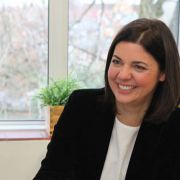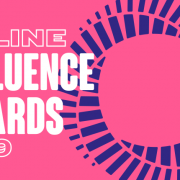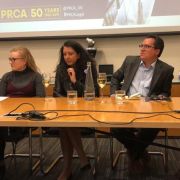Baking Blogger Spotlight: Jane Dunn, Jane’s Patisserie
Jane Dunn started Jane’s Patisserie after discovering a love for creating sweet treats at cookery school back in 2014. Now blogging new recipes every week, Jane likes to provide ideas for skilled bakers as well as beginners, especially if they’re millionaire’s shortbread-themed.
Bakery blogging is a passion for Jane, but there’s also lots of hard work that goes into making it a success – PRs please note: bloggers like to be paid for their work, and not in baked goods…
How did you get started with baking and blogging about it?
In 2014 I decided to go to cookery school instead of university as I wanted to learn all things about food. I loved all areas of what I learned, but I excelled so much more in the patisserie section so decided to start a blog on all things sweet!
What’s your favourite type of post or regular content?
I post one or two new recipes on my blog every week and they’re always something I love. My most popular bakes are cheesecakes, and anything millionaire’s shortbread-themed!
Are there particular bakes you don’t like attempting/writing about, and why?
I tend to try and focus on bakes that anyone can do of any skill level – they’re bakes that kids can get involved with, or someone who is skilled but fancies something delicious! It means I struggle to write about anything that is more serious patisserie work, that would be in a high-end bakery for example! I find videos are easier for those as you can show what to do!
Savoury or sweet?
I work with sweet, but I secretly MUCH prefer savoury. I love a bit of savoury pastry.
We have to ask about the Great British Bake Off – did you watch it? Who did you think was going to win?
YES, I watch Bake Off! I have since the beginning, and utterly love it! I thought Steph would win as she got star baker four times, but any of the finalists were worthy winners!
Have you noticed baking becoming a more popular/mainstream hobby as the popularity of the show has grown?
I would definitely say it’s grown as a hobby! So many people say they watch the show when they bake my recipes, and whenever I post about GBBO on social media it always gets a response! The rise of baking equipment in shops shows it, too!
With television shows, YouTube tutorials, and recipe books being a great source of learning for new bakers, what are the plus points for baking blogs as a medium?
I believe blogs are great, because there’s a more personal side to it. Some people just want to have the recipe and get on with it which is where books are so good, but a large percentage of my readers love to read about the recipe, before they bake it, from my perspective!
Do you have a particular recipe book (or books) that you frequently rely on?
I love any of Mary Berry’s books, or Nigella’s. They’re classics that you can always rely on!
How do you work with PRs and brands – are review products and new launches useful?
I work with PRs in all different sorts of ways – I love using brand’s products in my bakes that I truly love and believe in! I don’t often do product reviews anymore, but it’s something I will still happily do!
For PRs looking to work with you, do you have any advice for how they should approach you?
I think PRs need to respect that no matter how big or small a blog is, the person you are contacting needs to be paid for their time. It’s a shame that some don’t understand how much time and work goes into a post, but others can really get it and are a dream to work with! It’s always best for the PR to look into what you do on your blog first, to know if it’s the right area for you!
What other blogs do you read (whether in your sector or outside of it)?
I love to read blogs, but there are so, so many! Lifestyle, food or home decor!




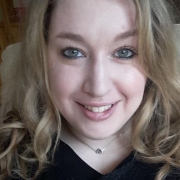
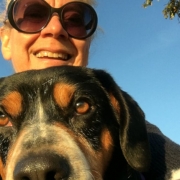
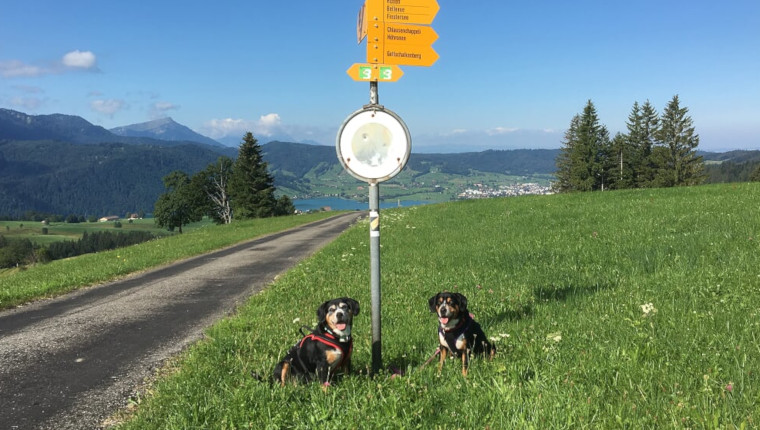
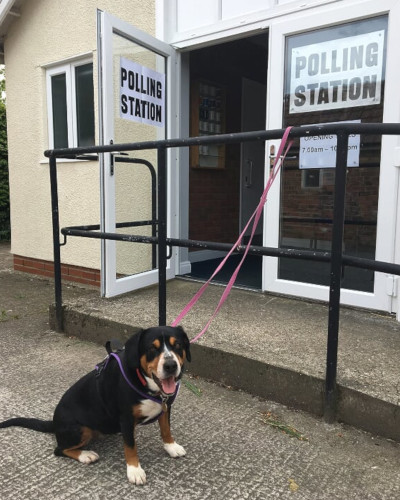

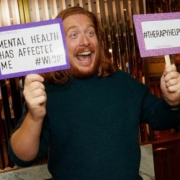
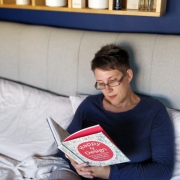

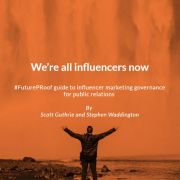


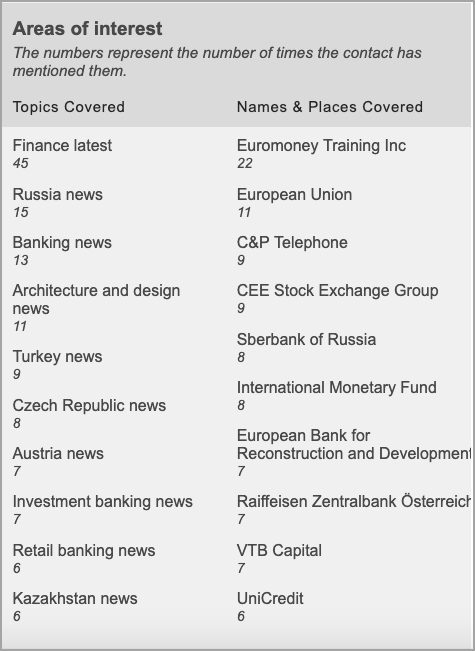




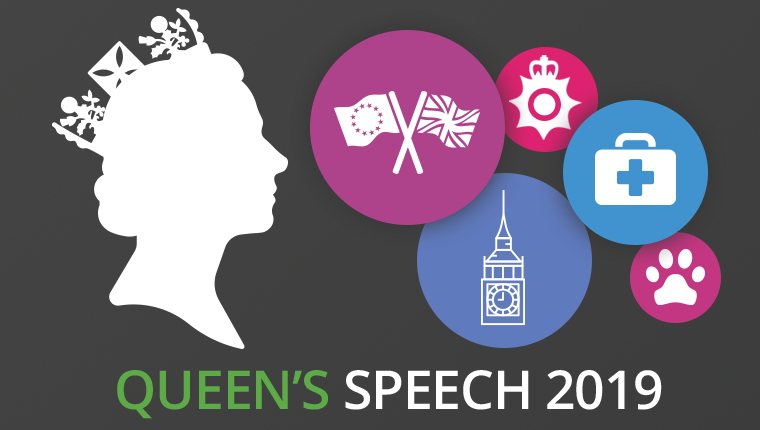

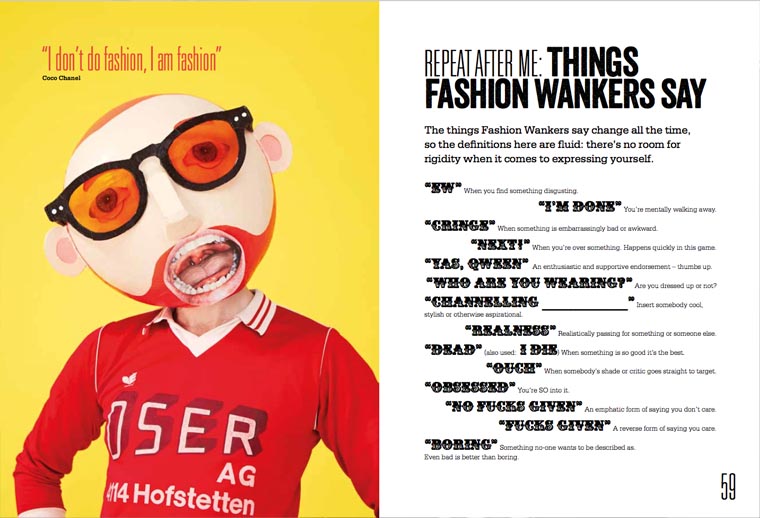
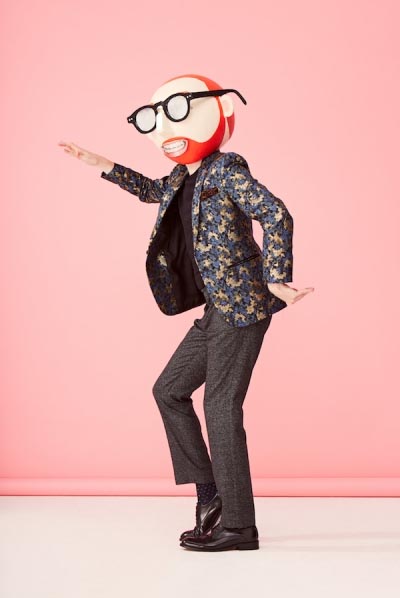 What’s your favourite item of clothing?
What’s your favourite item of clothing?